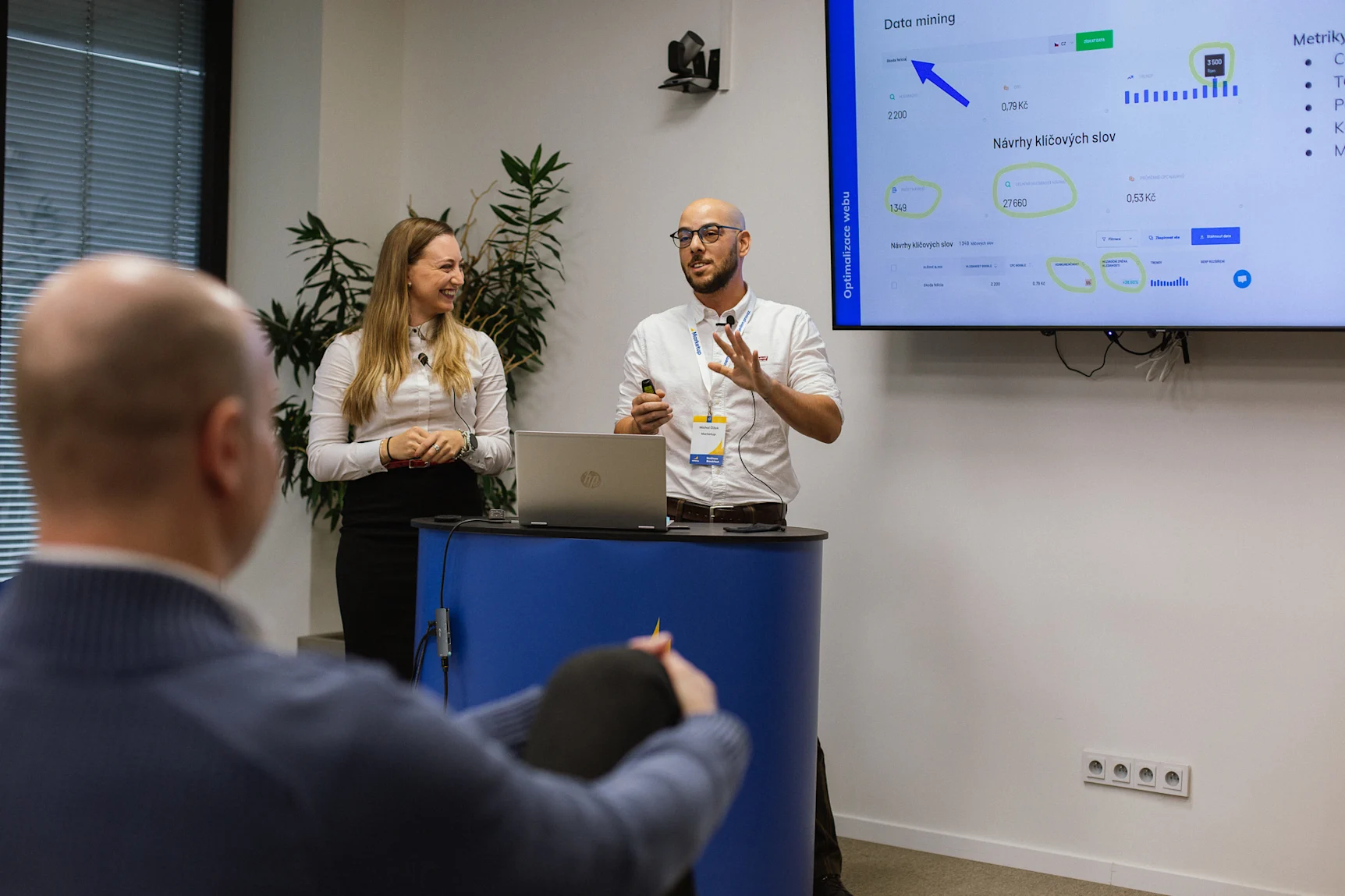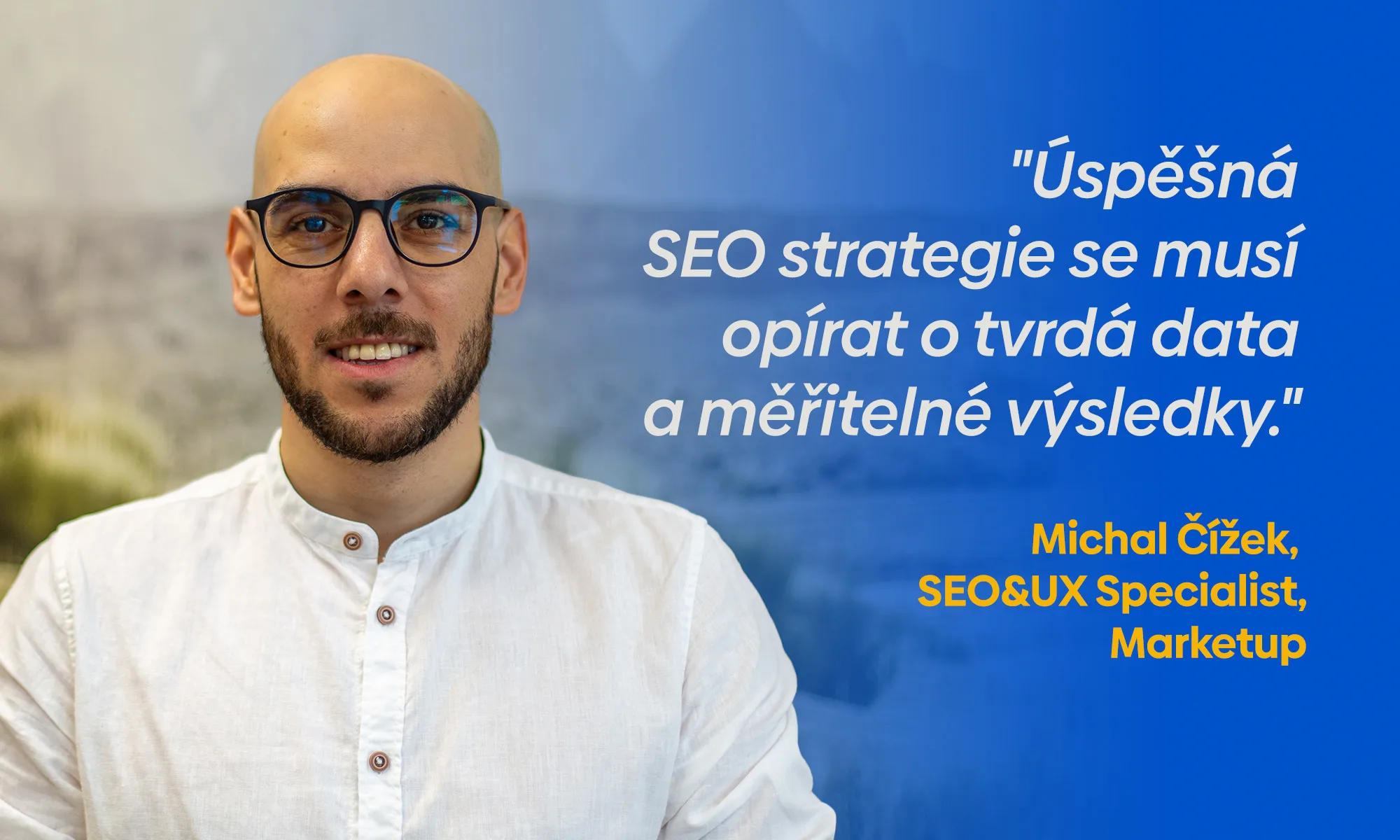Michal Čížek
22. 9. 2024
Read more


The future of organic search brings significant changes that will influence how businesses engage with their customers. With the rise of artificial intelligence, the growing influence of social media, and new trends like zero-click searches, it is essential to adapt strategies and focus on creating high-quality and structured content. What key changes await us, and how can we prepare for them?
1. Google No Longer Dominates Search
Google’s traditional dominance as the primary search engine has been disrupted in recent years by the growing popularity of social platforms like TikTok, Instagram, and YouTube. These platforms have become key search hubs for younger generations due to their quick, visual, and interactive answers. This trend is supported by statistics showing a significant rise in searches on social media platforms.
For instance, Carrie Rose (awarded Europe Best Media & Marketing 30 Under 30 in 2022) demonstrated this with a case study at the SEO Brighton conference last month. The presentation can be accessed here.
For businesses, it’s essential to adapt their content for these platforms, create engaging videos, and optimize visual content to effectively reach their audience. Focus on brand, format, and the context of your message.
2. Is the Top Position on Google Still Worth It?
Achieving the top position in Google’s search results has long been considered the pinnacle of SEO success. However, the situation is changing. With the introduction of new Search Engine Results Page (SERP) features like “featured snippets,” “People Also Ask,” and other interactive modules, users’ attention is increasingly drawn to these elements. These features often occupy prime spots above traditional organic results, reducing click-through rates (CTR) even for websites that rank first. Additionally, the importance of “zero-click searches” is growing, as detailed in the next section.
Key takeaway: Don’t limit your SEO efforts to traditional SERPs. Instead, optimize structured data and website content for other tabs like videos, images, and product pages to reach users at various stages of their search journey.
3. What Does Zero-Click Search Mean?
Zero-click searches on Google occur when users find answers directly on the search results page without clicking on any links. According to a 2024 study, nearly 60% of Google searches end without a click to other websites.
This trend is driven by the increasing presence of elements like “featured snippets,” “knowledge panels,” and other interactive modules that provide instant answers. Typical examples include currency conversions, flight planning, or current weather.
Strategic thinking is key: Focus not only on achieving high rankings but also on optimizing content to be visible in these new formats and attract maximum user attention.
4. How AI Is Transforming Search
Artificial intelligence (AI) is fundamentally changing how search engines display results and how searches function. At this year’s SEO Brighton conference, John Mueller from Google confirmed that Google Search will evolve alongside changing user behavior.
Technologies like Search Generative Experience (SGE), BERT, MUM, and LLMs enhance the understanding of user intent and context, providing more accurate and relevant answers. AI leverages natural language and broader context to interpret complex queries, delivering sophisticated and comprehensive results. In essence, it combines machine learning with AI technologies that continually evolve.
For example, the Google AI Overviews feature (currently unavailable in the Czech Republic due to legislative reasons) generates summaries of information directly on the search results page, offering quick answers without the need to visit external websites. This shift emphasizes the creation of high-quality, structured content that search engines can easily interpret and display in AI-driven environments.
Recent developments also include the SearchGPT engine from ChatGPT, available in a paid version, as well as practical AI applications like Copilot in Microsoft Edge or the integration of Gemini AI with Google tools like Gmail and Docs.
5. The Future of Search
The year 2025 brings significant changes to search and how people seek information. With the growing influence of AI and social media, it’s crucial to focus on platforms where users actually spend their time and optimize content for their algorithms. In this new landscape, the quality and targeting of content will be essential for maintaining brand visibility.
In the future, Google will be just one of many players in the search space and may not remain as dominant as it is today. The phrase “Google it” might even disappear in a few years.
Resources:


